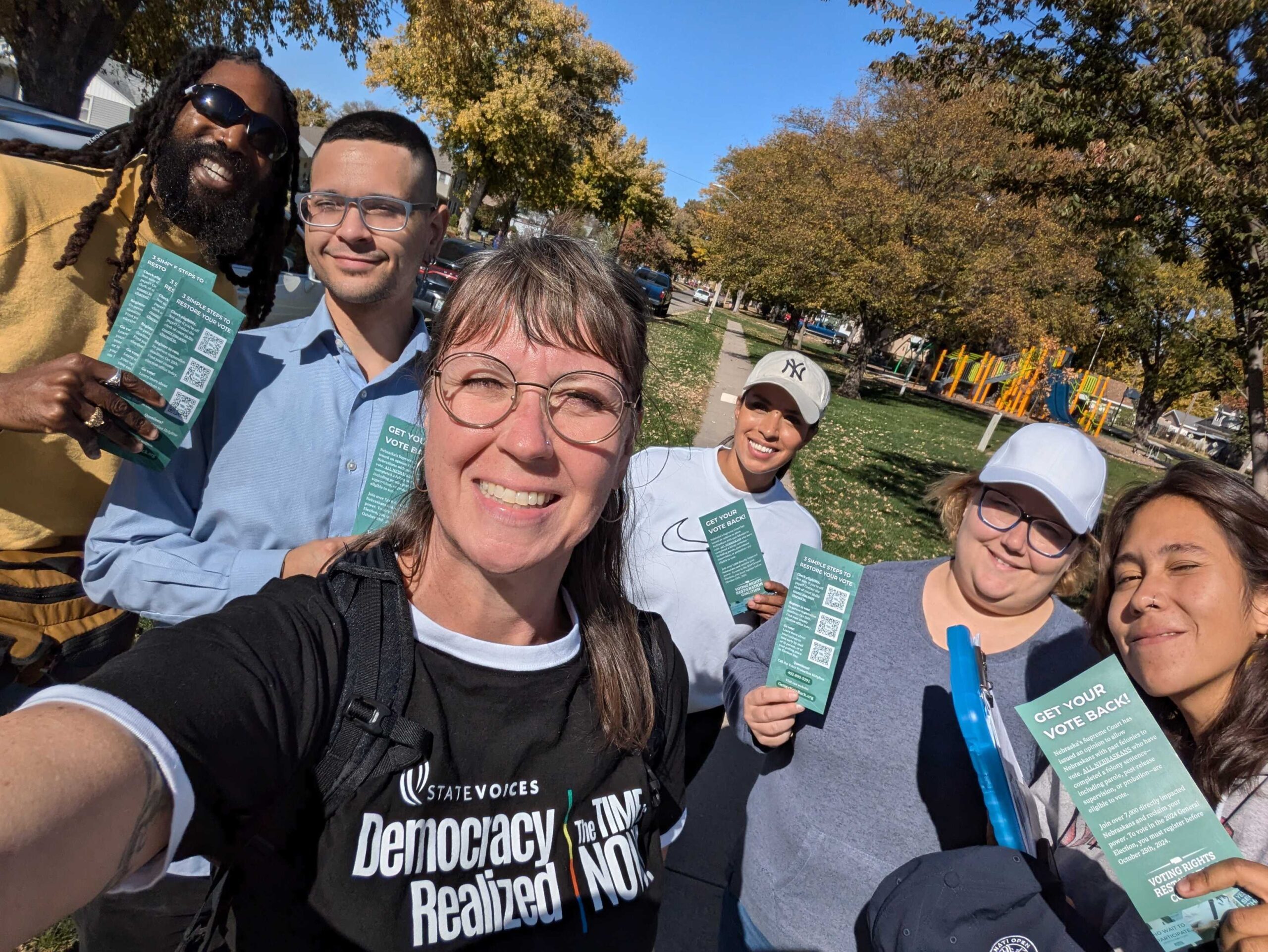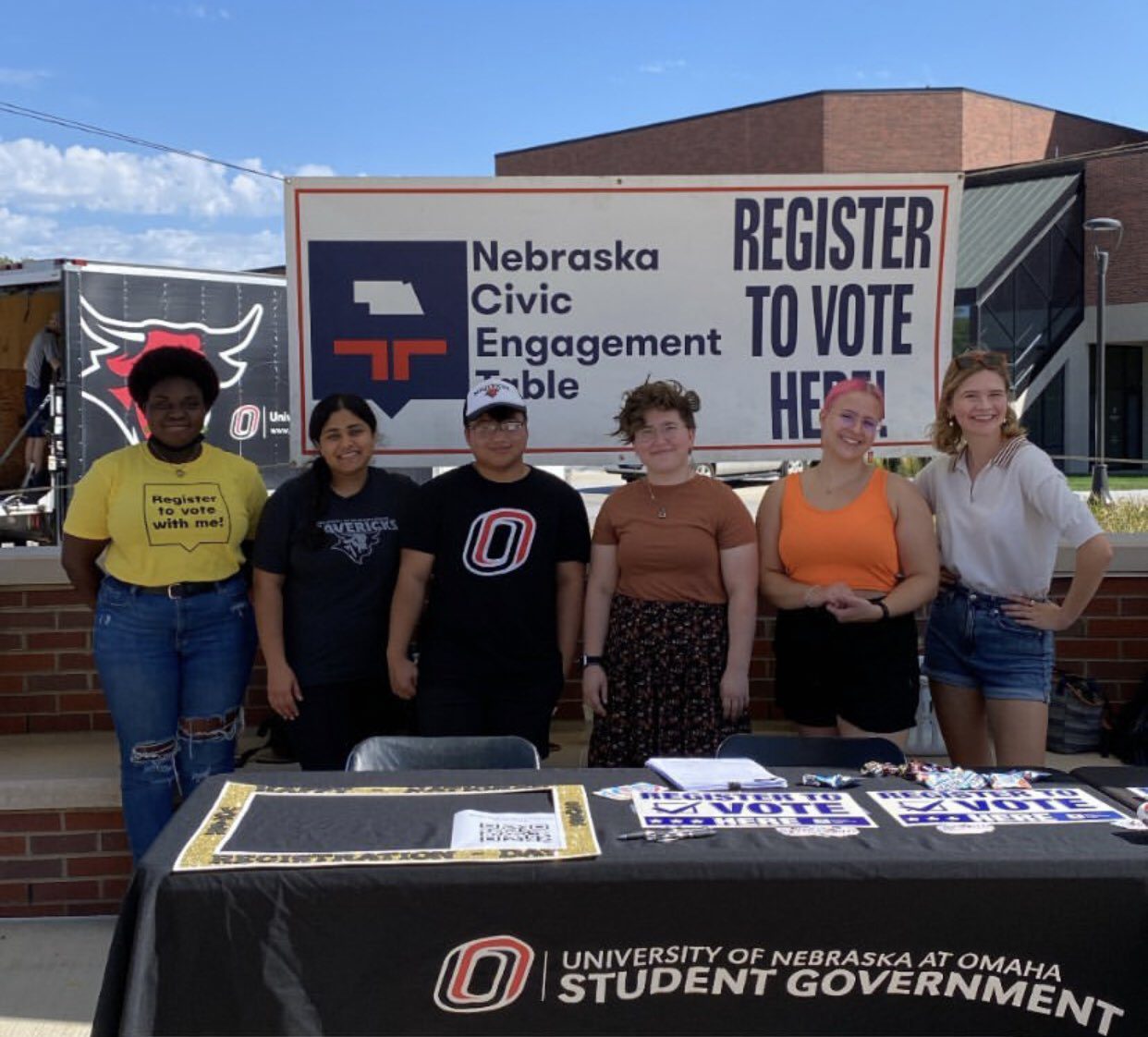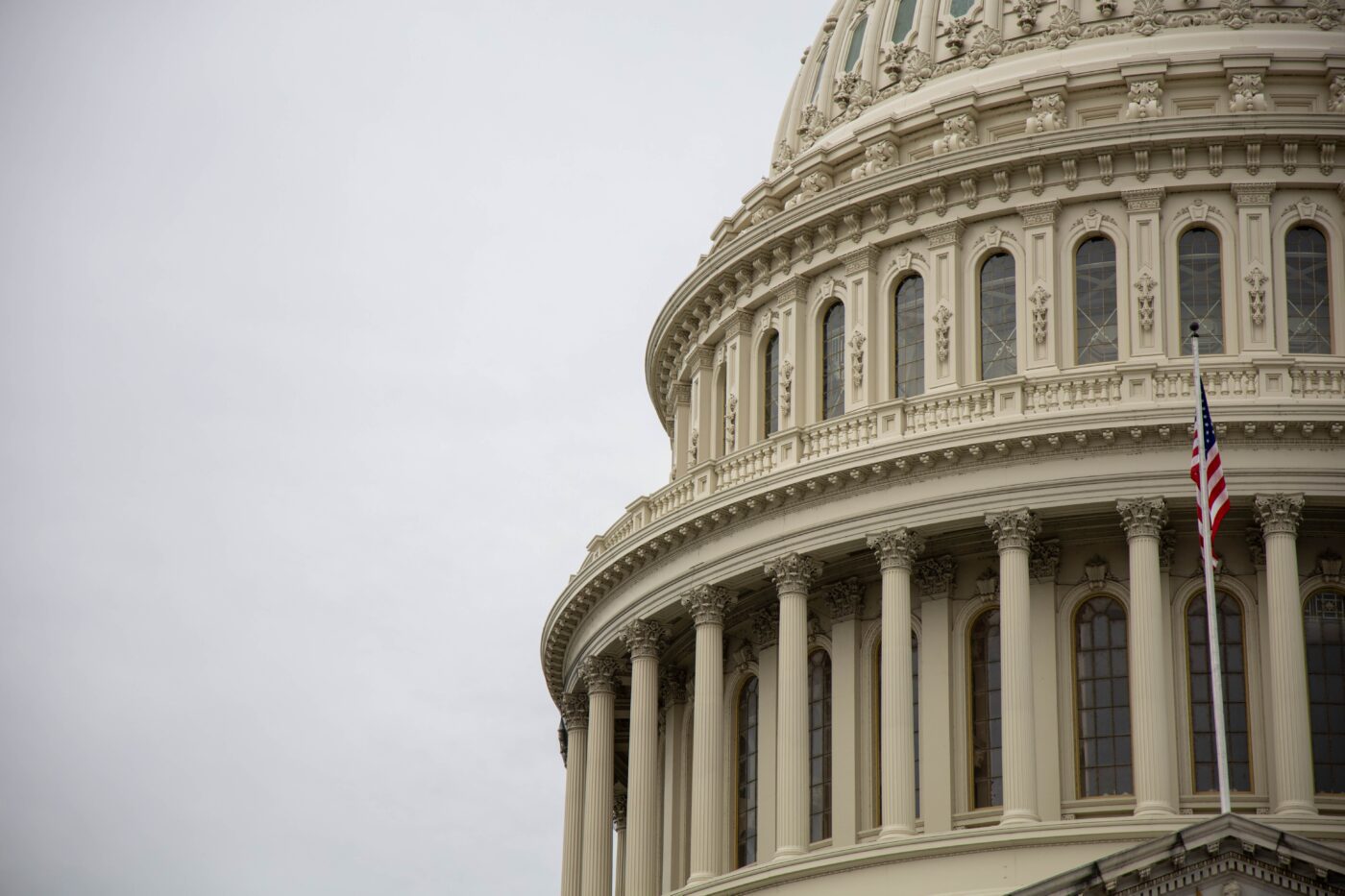The State Voices Affiliated Network knows first-hand the importance of a fair, transparent redistricting process to a healthy democracy and the growth of BIPOC political power. The district lines we draw help to decide who represents our communities; they impact our access to critical resources; and they serve as context for determining ten years worth of political influence in federal, state, and local elections.
That’s why State Tables in our network, such as Alabama Forward in Alabama and Power Coalition for Equity and Justice in Louisiana, have been fighting – and winning – in the courts to protect voting rights by combatting racially discriminatory voting maps in their states. And it’s also why State Voices has joined several partners to release a new, 50-state report that systematically analyzes the redistricting process everywhere in the country.
The new Community Redistricting Report Card evaluates each state’s redistricting process on the basis of its transparency, nonpartisanship, and empowerment of communities of color based on an analysis of more than 120 detailed surveys and more than 60 interviews. And while a few states, such as California and Massachusetts, earned “A” grades, 20 states earned a “D” or an “F” for their failures in transparency, opportunities for public input, nonpartisanship, and empowerment of communities of color.

Click here to read the full report authored by State Voices, Common Cause, Fair Count, and National Congress of American Indians (NCAI), and published as part of the Coalition Hub for Advancing Redistricting and Grassroots Engagement (CHARGE).
The report outlines how communities of color are being targeted and left out of the redistricting process despite contributing to population growth. Entrenched politicians who view BIPOC communities as a threat to their power made the process inaccessible and then “packed” and “cracked” BIPOC communities into districts that limited their political power.
While the report makes clear that many states have serious work to do to improve their processes ahead of the next redistricting cycle following the 2030 census, it also outlines clear best practices that states, funders, and pro-democracy organizers can follow for better outcomes.
1. Link redistricting to Census outreach efforts so the public understands it is a two-step process to unlock community resources like housing, transit, etc.
2. Provide early funding to local groups so advocates can leverage the existing community organizing infrastructure and connect redistricting to those efforts.
3. Funding for community outreach should be appropriately distributed in every state as the report found evidence of gerrymandering even in non-swing states.
Additionally, the report highlights the importance of citizen-led commissions where voters—rather than elected officials—administer the process and draw maps. Independent commissioners were found to be more interested in fair representation and community input— rather than incumbent protection or party control.
As organizers, we know that creating a more transparent and accountable democracy and building the power of communities of color demands a focused, long-term approach. Ahead of the next redistricting cycle in 2031, State Voices will continue to push for progress while engaging communities around redistricting and its long-term impact.
Categories: Integrated Civic Engagement



